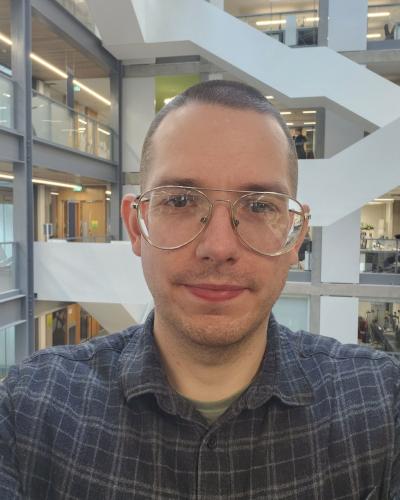About the Quantum Group
Our research in quantum computing focuses on the following three questions:
When should we use a quantum computer?
Where should we use a quantum computer?
How should we use a quantum computer?
Or more precisely, when do we see advantage from quantum accelerated computing over classical HPC, where are the application areas that would most benefit from quantum computing, and how do we integrate quantum computers with classical HPC, both physically and from programming model and scheduling perspectives.
To support this work, as well as that of other academics across the UK, I investigate the most efficient and scalable ways to simulate quantum computers on our range of classical HPC machines. The limited availability and capability of quantum computing hardware means that simulation remains crucial to quantum algorithm development.
I am a founding member of the Quantum Software Lab (https://www.quantumsoftwarelab.com/), a facility of the National Quantum Computing Centre, hosted at the School of Informatics. QSL is working to identify, develop, and validate real-world use-cases of quantum computing.
EPCC is a member of the Quantum Computing Applications Cluster (https://qca-cluster.org/), which brings together quantum hardware and software experts from EPCC, and the School of Informatics at the University of Edinburgh, University of Strathclyde, and University of Glasgow. The cluster aims to support and educate end-users, especially from industry, who want to know how they can take advantage of quantum computing to accelerate their work both now and in the future.
About Me
As well as research, I have been course organiser of, and still lecture on, Design and Analysis of Parallel Algorithms on EPCC’s MSc in HPC, and a supervisor to numerous MSc, PhD, and summer students. I am part of the User Administration team on the ARCHER2 service desk, and I am an internal auditor for our ISO 9001 and 27001 certifications.
In my spare time I enjoy playing computer and board games, and generally doing as little as possible. I am also a keen cyclist and "full value" rider of Audax UK's shorter calendar events.
